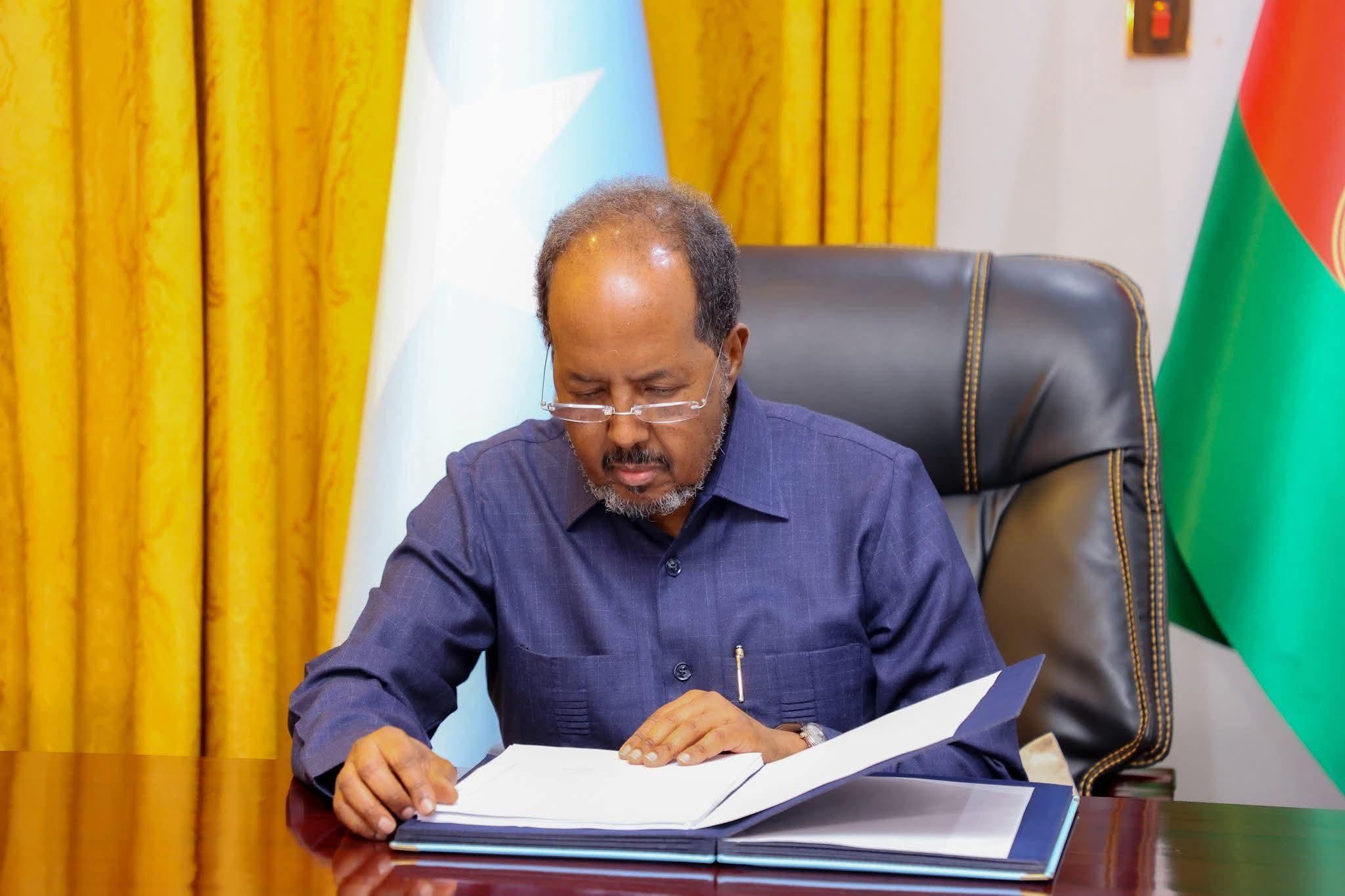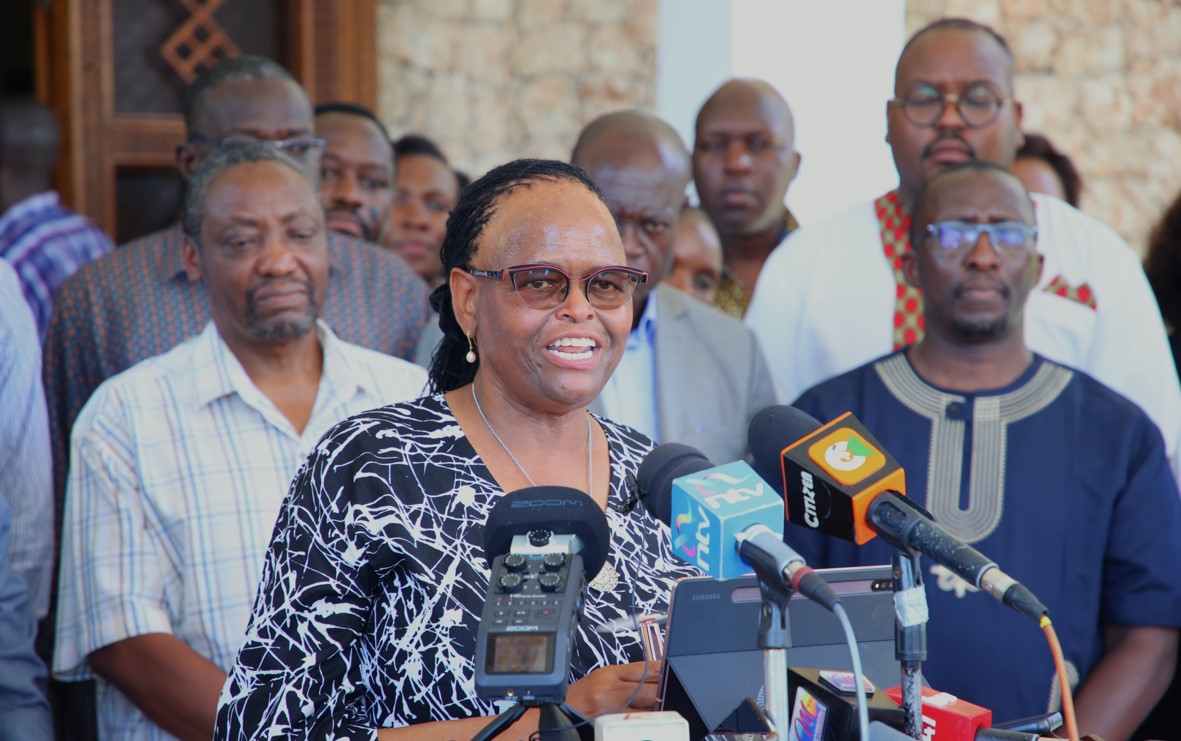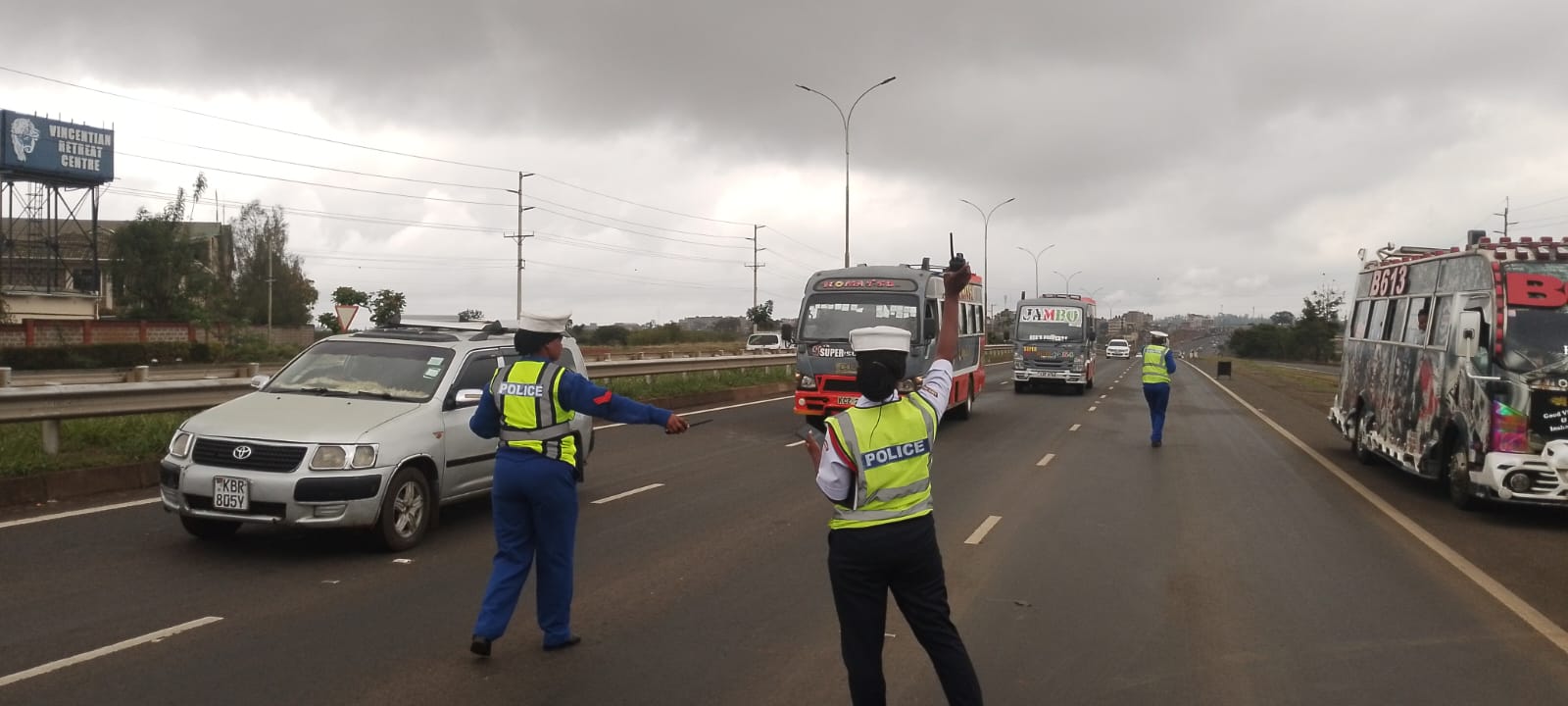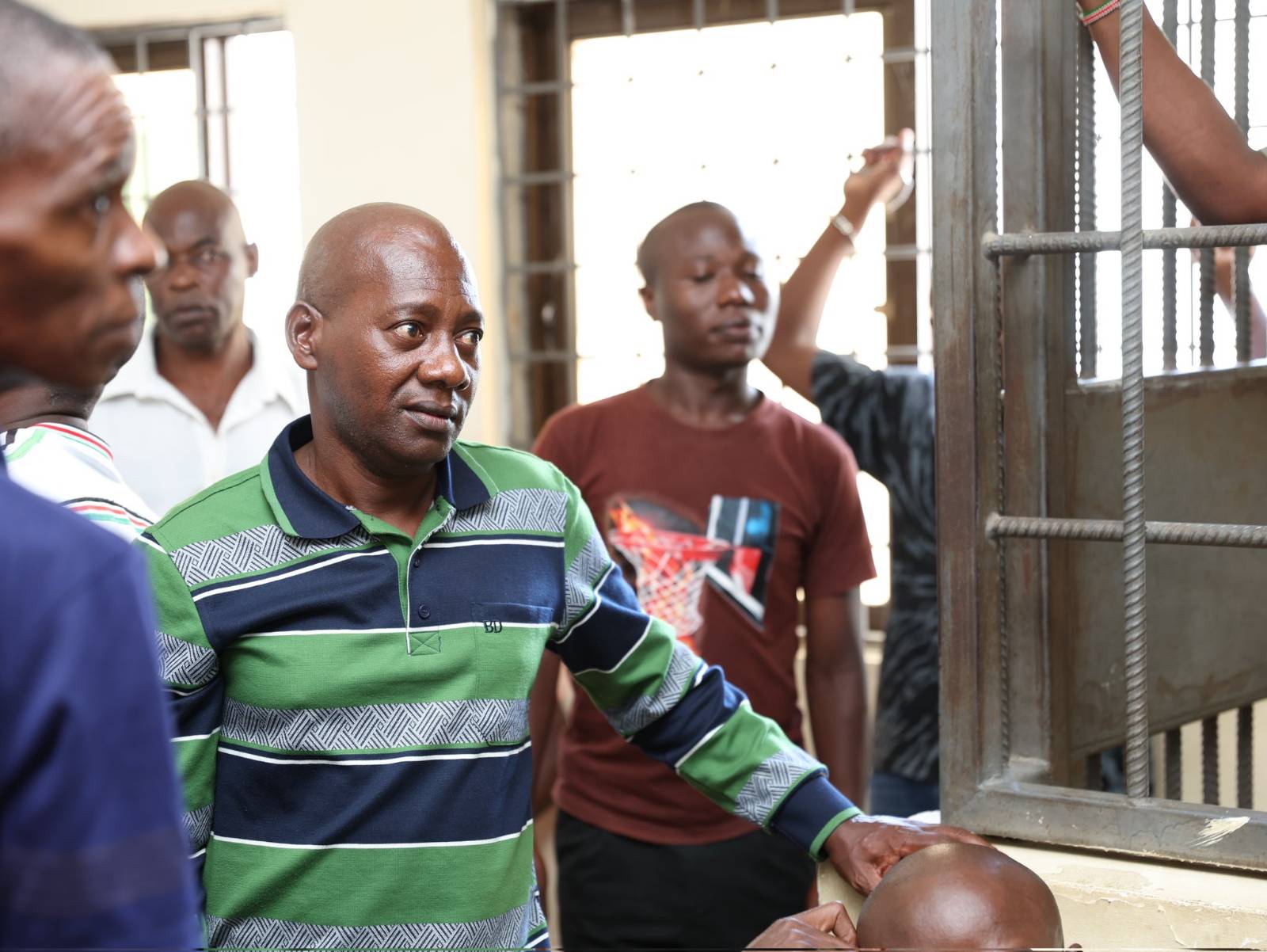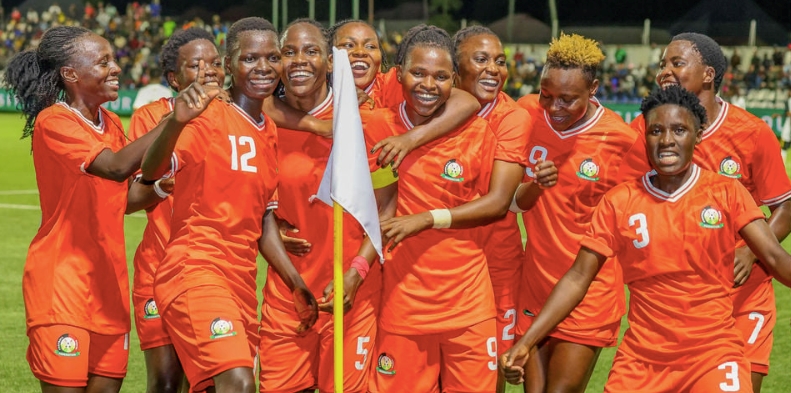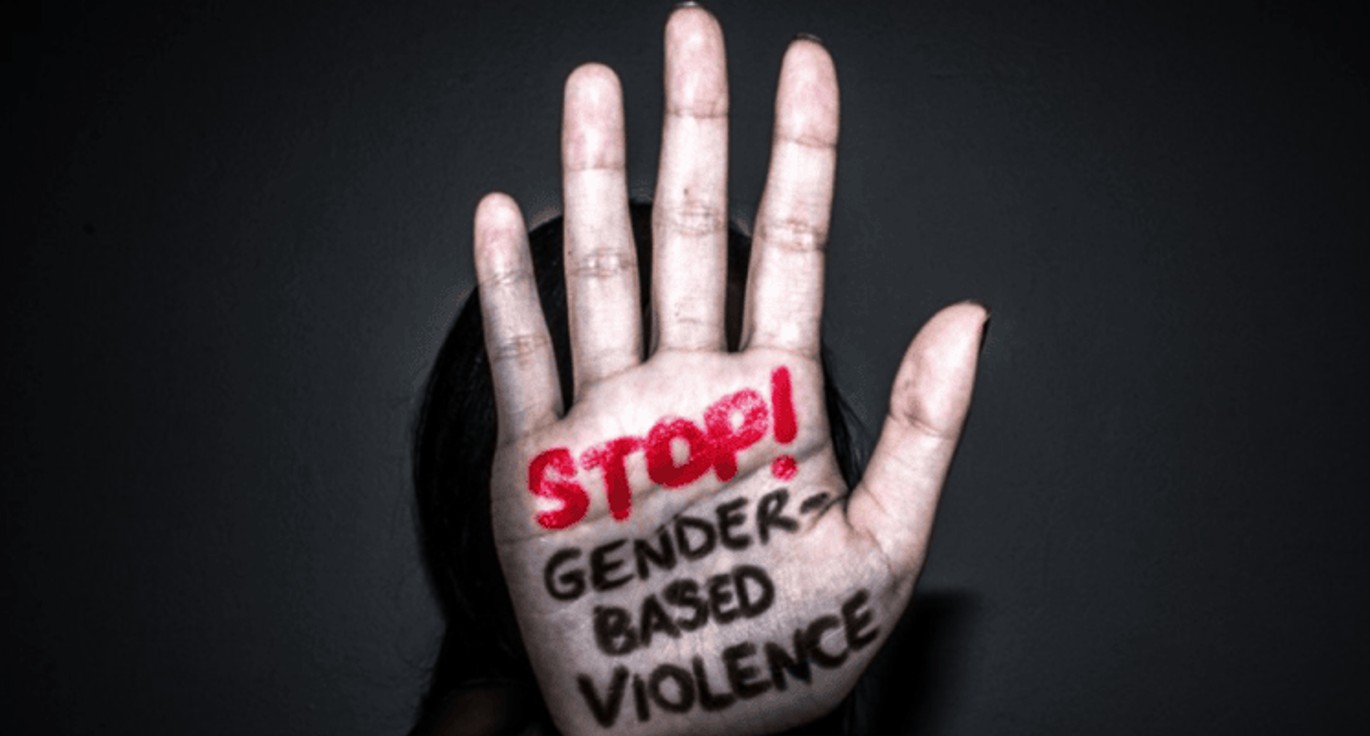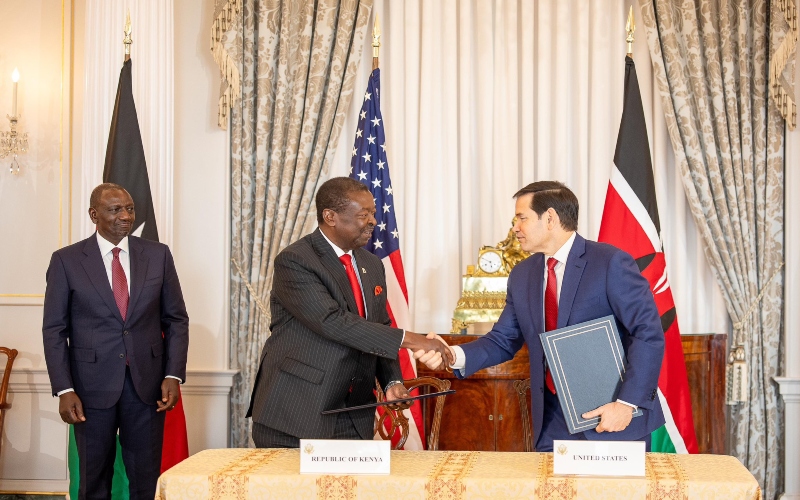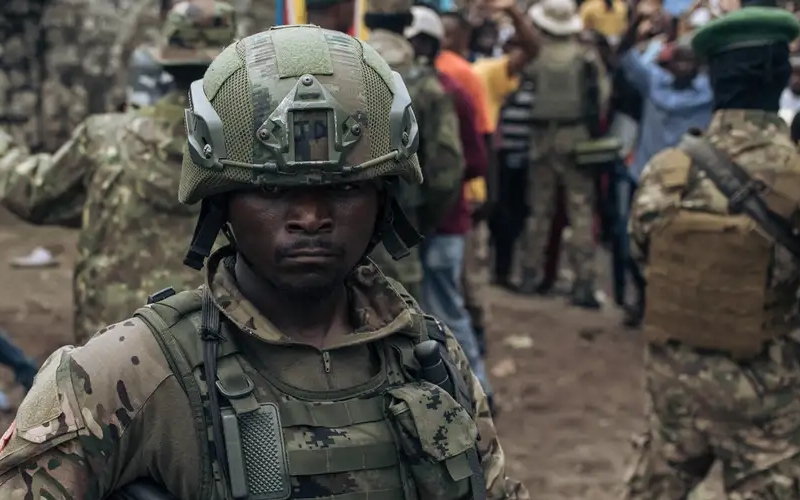Haiti extends state of emergency as gangs target police
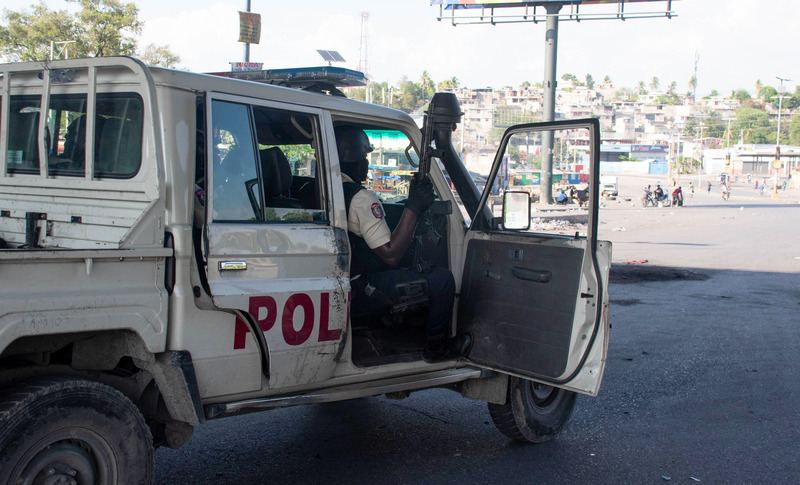
Gangs plunged Haiti into chaos last week in a coordinated campaign beginning with an attack on two prisons in Port-au-Prince, with the majority of their 3,800 inmates believed to have escaped.
Haiti's troubled capital was put under a state of emergency for another month on Thursday as authorities struggle to rein in violent gangs demanding the prime minister resign.
The decree, published in the official gazette, came as the gangs -- who already rule significant parts of Port-au-Prince -- extended their control with further attacks on law enforcement.
More To Read
- UN warns human rights face growing threats worldwide in 2025 as funding for activists falls
- UN rejects Israel’s ‘yellow line’ plan, says Gaza border changes violate ceasefire
- Police officers returning from Haiti to be honoured at Jamhuri Day parade
- 230 Kenyan officers arrive home from Haiti as nation honours their heroic service
- UN condemns Israel for storming UNRWA compound in East Jerusalem
- 230 Kenyan police officers arrive in Port-au-Prince to reinforce UN-backed GSF
On Wednesday evening, the Salomon police station in Bas-Peu-de-Chose, a neighborhood in the capital, was set alight along with several police vehicles and motorbikes, according to Lionel Lazarre, the head of Haiti's police union Synapoha.
Officers escaped the headquarters before the attack, which Lazarre said criminals had been planning since the weekend.
It came after the UN Security Council met in New York on Wednesday to discuss the "critical" situation in Haiti, while the United States has called on incumbent Henry -- who remains outside the country -- to take steps to resolve the crisis.
Gangs plunged Haiti into chaos last week in a coordinated campaign beginning with an attack on two prisons in Port-au-Prince, with the majority of their 3,800 inmates believed to have escaped.
Residents flee
Further assaults have targeted the country's airport and law enforcement. Synapoha said that 10 police stations had been destroyed, and at least 15,000 people are estimated to have fled the worst-hit parts of Port-au-Prince.
Influential gang leader Jimmy "Barbecue" Cherizier has warned of civil war and mass bloodshed unless Henry resigns.
As well as the state of emergency, the capital is under a nighttime curfew to try to foster peace, but the gangs are often better armed than the security forces.
In power since the 2021 assassination of president Jovenel Moise, Henry was due to leave office in February but instead agreed to a power-sharing deal with the opposition until new elections are held.
When the latest unrest broke out, Henry was in Kenya to negotiate a UN-backed multinational police mission to stabilize his country. He has since been unable to return to Haiti, and was last confirmed to be in the US territory of Puerto Rico.
United Nations rights chief Volker Turk said Wednesday the violence was "beyond untenable" with 1,193 people killed countrywide this year by gangs.
The United States urged Henry to "expedite" a political transition and hold fair elections, but added it was not calling on him to resign -- a key demand of Haiti's gangs.
Haiti, the Western hemisphere's poorest nation, has been in turmoil for years, and Moise's assassination plunged the country further into chaos.
No elections have taken place since 2016 and the presidency remains vacant.
Top Stories Today
